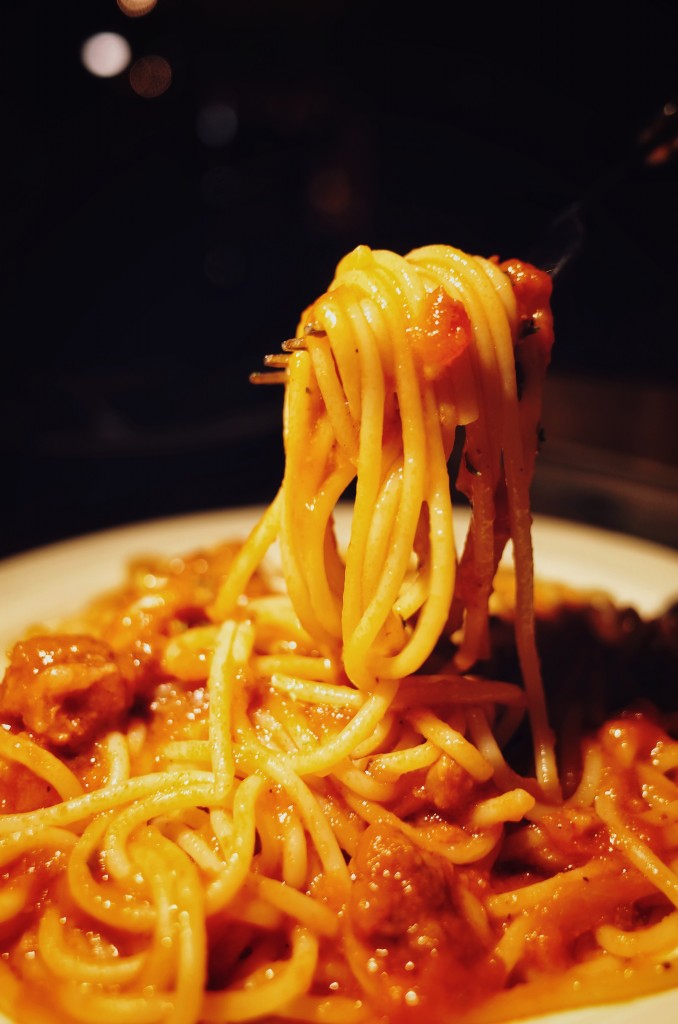
US professors at Douglas College
By Jessica Berget, Editor-in-Chief
According to Global News, over 2600 Americans were granted permanent residency in Canada in the first quarter of 2018. While this may be a surprise to many Canadians, some of these Americans are in our own backyards—and even our classrooms.
Dr. Jeff Schutts is one of those American migrants. He’s well-travelled—teaching in America for 13 years, doing dissertation research in Germany, and then finally moving to Canada to teach 20 years ago. Schutts has unique insight into both sides of the continental divide. In this interview with the Other Press, he shares his stories about teaching across the border and here—comparing and contrasting those experiences.
He has also taught at the University of British Columbia, Simon Fraser University, Kwantlen, and now Douglas.
In his years of teaching, he has seen first-hand the evolution of students both in Canada and America. The Other Press asked him what differences he has noticed.
“I think the changes are now more the digital generation change more so than the nationality change that I have seen happen in the last 20 years. Students today are much different than they were 20 years ago, in worrisome ways but that’s just the way it is. It’s also self-selection. At Douglas we get different students.”
When asked specifically about teaching Canadian students, he mentions the Canadian attitude as a major marker.
“One thing that’s different is that education here is much cheaper. I remember when I first started teaching, I was really quite shocked by the number of students that will just drop the course—disappear—when it came time for the papers to be due. They’d come to classes, do the midterm, and then when it came to actually writing their big project and getting it done—they were just disappearing and taking the one official withdrawal grade. And I think a few thousand dollars a credit rather than a few hundred dollars—it doesn’t happen nearly as much. That’s just straight forward pragmatism. Here, I found the stakes weren’t as large… people were much more cavalier about dropping courses,” he said.
The OP also asked why he chose Douglas College as his place of work. “What you have to know about academia is that there are tiers. There are research schools like SFU and UBC and then there’s teaching schools like Kwantlen [and Douglas.] So, there’s a very different kind of teaching; you’re much more of a teacher here than you are a professor. The people who are teaching in these kinds of schools definitely get paid better than their equivalents in the states.”
Schutts also mentions his struggle with feeling like a true Canadian, despite coming here 20 years ago. “I don’t feel at home yet. I’m still a Canadian in training as I say.”
Many Canadians might view America as a more Conservative country because of Republican President Donald J. Trump. They also may view America that way because our country elected a Liberal Prime Minister—Justin Trudeau. When asked if this is something Schutts has noticed in his experience teaching, he said that he agrees that he has.
“Overall, certainly. But there’s hubris in both. You know I’ve lived in San Francisco, I’ve lived in Boston, which are very progressive places, more so than BC in many ways I would say. But the United States has this sort of go-get-it gumption, take on anything, figure it out as we go along—which can be incredibly reckless. Judging from students, I find a lack of initiative as a Canadian characteristic, compared to people in the states,” he said.
To illustrate his experience of Canada, Schutts offers a light-hearted joke and anecdote.
“I’ll tell you a joke. So, I had a colleague from Georgetown who got a job up in Toronto and he said something that I get reminded of often. He took this job and he did not like it at all and the way that he summed it up was that the Canadian motto was “go for the bronze.” One of my ex-wife’s friends was a sports psychologist who worked for the Canadian Olympic team and I remember telling her that joke and she said, “that sums up my job!” Her job on the Canadian Olympic rowing team was to help Canadians be more aggressive because there is a so-called politeness which prevents the drive that athletes need to be at that caliber. I thought about that many times in the 20 years I’ve been here, and often it’s a good thing. It’s something I like about Canada—that people aren’t so aggressive and more cooperative. The community spirit here versus the cowboy individualism—which is a terrible overgeneralization, but there is truth in both that define the national characteristics. I often joke to my classes that I’m onto them—that I know the Canadian politeness is just a cover for being smug,” he said.
A 2019 report by Global News says 16 percent of Americans want to leave the states do so because of the Trump presidency, and Schutts echoes the current political climate in the US as a reason for not returning. When the Other Press asked him if he had the choice if he would rather teach in Canada or the US, he said “I’d rather go back to Germany.”


